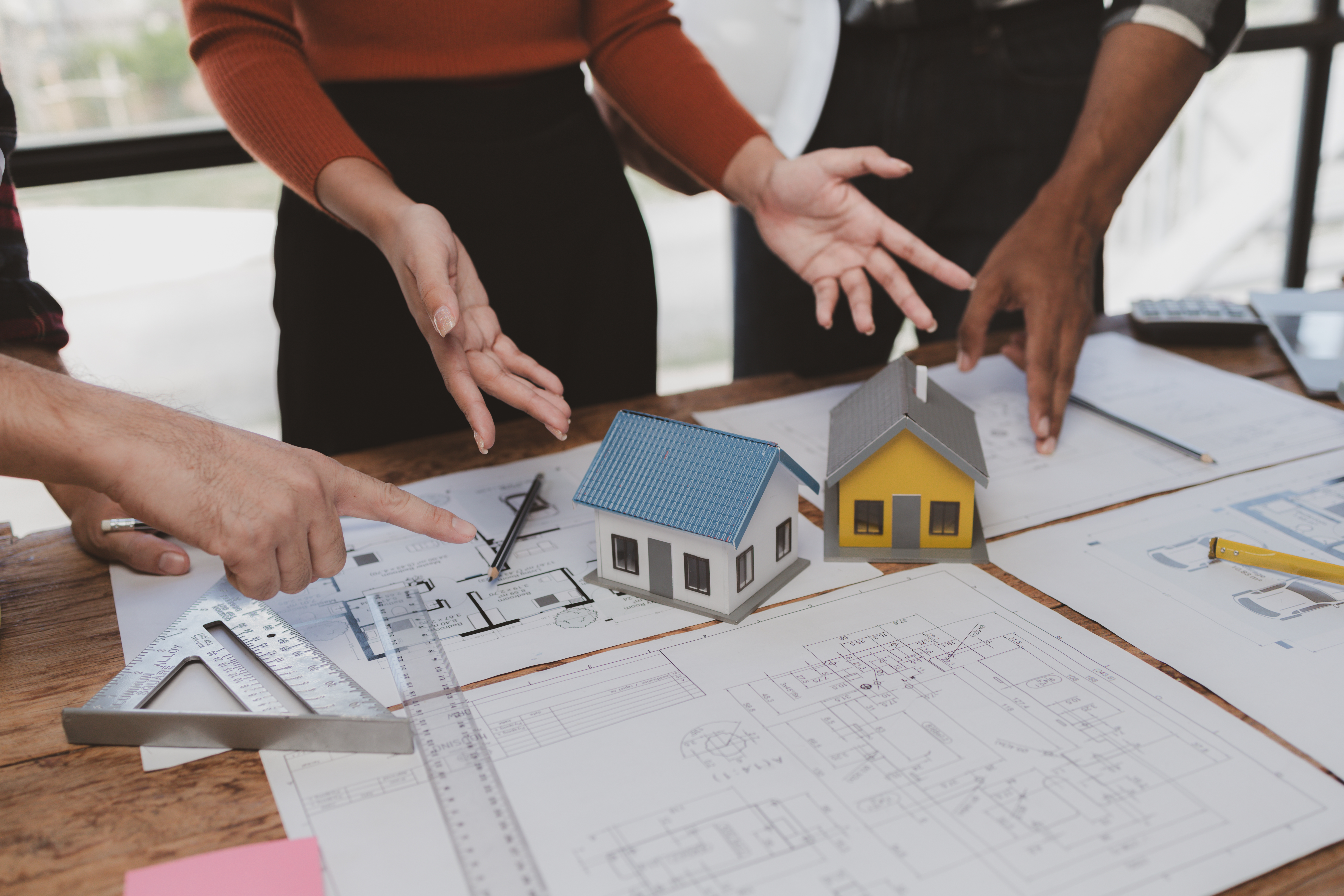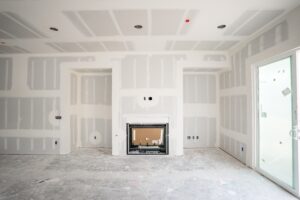The construction industry stands at a pivotal crossroads, with sustainability becoming an increasingly critical aspect. At Construction Industry Training Center LLC (CITC), we recognize the vital role sustainable construction plays in shaping a greener, more responsible future. Our commitment is not just to build, but to do so in a way that respects and preserves our environment.
The Essence of Sustainable Construction
Sustainable construction goes beyond the mere use of eco-friendly materials. It encompasses a holistic approach to building that considers environmental impact, resource efficiency, and a harmonious relationship with the surrounding environment. This practice is about creating structures that are not only functional and aesthetically pleasing but also contribute positively to the ecosystem and the well-being of future generations.
Key Elements of Sustainable Construction in Our Curriculum
- Energy Efficiency: Understanding how to maximize energy efficiency, from utilizing renewable energy sources to incorporating design elements that reduce energy consumption.
- Water Conservation: Techniques for reducing water usage and incorporating systems like rainwater harvesting and efficient wastewater management.
- Material Sustainability: Emphasizing the use of materials that are durable, recyclable, and have a low environmental footprint.
- Indoor Environmental Quality: Focusing on creating indoor spaces that enhance occupant health and comfort, through improved air quality, natural lighting, and ergonomic design.
- Waste Reduction: Strategies for minimizing construction waste, promoting recycling, and encouraging responsible disposal practices.
The Benefits of Sustainable Construction
Sustainable construction offers numerous benefits, both immediate and long-term. Environmentally, it helps in conserving natural resources, reducing carbon footprints, and preserving ecosystems. Economically, it can lead to cost savings through efficient use of resources and energy. Socially, sustainable buildings contribute to healthier and more comfortable living and working environments.
Our Role in Promoting Sustainable Practices
At CITC, we are not just educators; we are advocates for sustainable construction. We aim to equip our students with the knowledge and skills to not only excel in their careers but also become leaders in the movement towards a more sustainable construction industry. By incorporating sustainable practices into our courses, we are preparing a new generation of builders who are conscious of their impact on the environment and committed to making a positive difference.




